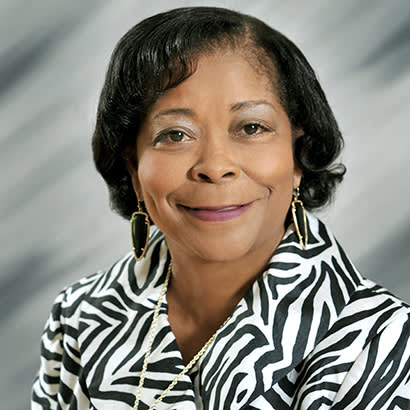
For an enhanced digital experience, read this story in the ezine.
On April 22, 1970, 20 million people across the United States came together to take a stand for the environment and be the voice for the future of our planet. This event led to the enactment of environmental laws, including the Clean Air, Clean Water and Endangered Species Acts; spurred the creation of the Environmental Protection Agency; and helped to initiate the modern environmental movement. Over the past five decades, this date has come to be recognized annually worldwide, with more than 1 billion people across nearly 200 countries taking action to protect the environment as part of the world’s largest civic event: Earth Day.
While the first Earth Day successfully rallied people together to raise awareness of environmental issues and persuaded elected officials to implement urgent policy changes, both the annual event and the environmental movement have evolved throughout the past 52 years. Today, the focus of Earth Day is often individual action, such as planting trees or volunteering, and the environmental movement has become increasingly multifaceted with the rise in climate change and greater understanding that the impacts we face are highly interconnected with identities, such as class, race, ability and more. Therefore, for the environmental movement to succeed, we must take a unified and intersectional approach.
During the 2021 NRPA Annual Conference, keynote speaker Dr. Ayana Elizabeth Johnson said: “When I think about how...we succeed at addressing this crisis that we have on our hands, I think, ‘Well, we have to welcome everyone in.’ It’s not about changing people’s minds necessarily — the vast majority of Americans are fully aware that we have a crisis on our hands, but aren’t yet sure what to do or where they fit in or what the future might hold for them.”
That is where parks and recreation comes in. Collectively, park and recreation departments across the United States manage more than 11 million acres of open space. Unlike many other natural areas, many of these spaces are located directly within communities, meaning the actions implemented in these spaces have an immediate and direct impact on the people around them. What’s more, park and recreation professionals are unique in that they are not only connected to local land, but also to their community members, and can be the link between nature and people to inspire meaningful action.
During her keynote, Dr. Johnson also said, “We can all be a part of the climate solution…. We each have a very different role to play, and when it comes to addressing climate change, it’s really important to think not just about our individual actions, but [also] how we are contributing to a part of something much bigger than ourselves.” Being literally and metaphorically at the center of communities, park and recreation agencies — and the professionals who serve them — are perfectly situated to promote local, systems-level changes that make up national and global efforts.
This Earth Day, I encourage you to take time to consider how your agency can innovate to address current and impending climate impacts — whether that is planting new species of trees that will thrive in the changing climate or incorporating green stormwater infrastructure into built environments to reduce water pollution as rainfall increases. Additionally, what new and creative environmental education and conservation programming can we implement to engage our community members and cultivate their understanding and love of their local lands, so that this stewardship is carried forward?
Working with our communities and across the profession, together, we have the opportunity to make an immense impact. Park and recreation professionals are at the core of transformation that is helping to build a healthier, more resilient future. I look forward to seeing the innovative projects, programs and best practices you bring to your communities this Earth Day and beyond.
Carolyn F. McKnight-Fredd, Chair, NRPA Board of Directors

